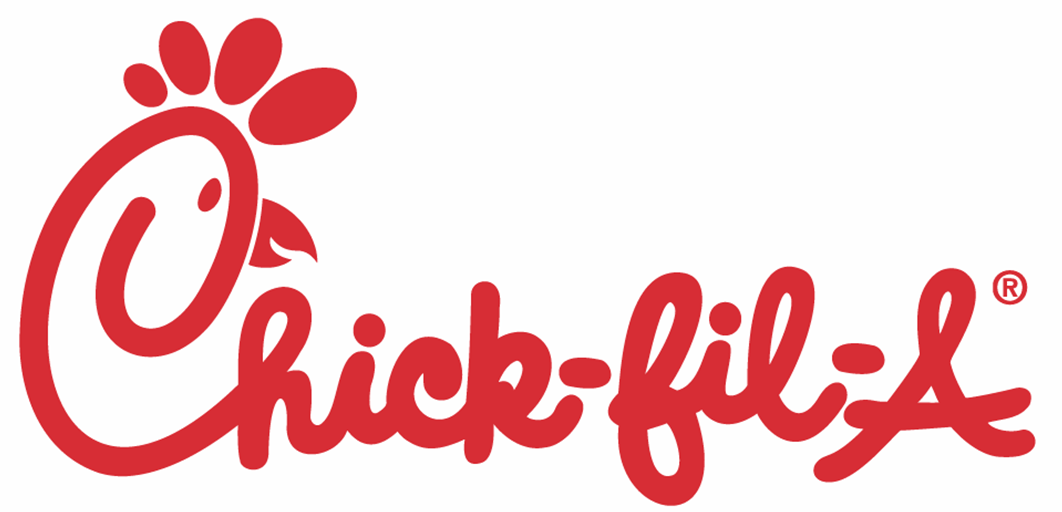

New York
City Council Speaker Christine Quinn wants to kick
Chick-fil-A out of New York because its CEO, Dan Cathy, opposes gay
marriage. Accordingly, she informed
the head of New York University (which leases space to the one Chick-fil-A
restaurant in New York City) that “Chick-fil-A is not welcome in New York City
as long as the company’s president continues to uphold and promote his
discriminatory views […] I urge you to sever your relationship with the
Chick-fil-A establishment that exists on your campus.”
My guess is
that the university will regard this letter more as an unstated threat than as
a mere statement of the Speaker’s opinion, since universities, vulnerable as
they are to ad hoc
government regulations and ordinances, are obligated to cultivate municipal
officials’ goodwill. As a rule, business owners are subject
to municipal predation
that can drive them out of business, and are thus forced them to ingratiate
themselves with city officials. Universities can end up with an enrollment
cap or lose lucrative
eminent domain prerogatives if they annoy municipal higher-ups.
The government
cannot pressure a private institution to terminate a contract with another
private entity due to that entity’s speech. This constitutes a violation
of the First Amendment. For example, a government official cannot pressure a
private institution to fire an employee for his speech. Moreover, impermissible
government action can occur even in the absence of explicit threats or
pressure: if the government merely reprimands a public employee for his
speech, or censures a private citizen for his speech, some courts find a violation
of the First Amendment.
Quinn’s pressure
comes in the wake of similar attacks on Chick-fil-A by other politicians.
As I noted in The Washington Examiner,
[Boston’s]
mayor said he would block Chick-fil-A from opening a restaurant there because
its CEO opposes gay marriage. [He has since retreated from this position]
Similarly,
an alderman in Chicago has said he will block a zoning permit needed for a
Chick-fil-A restaurant in Chicago because of its CEO’s views.
Under
the Supreme Court’s Umbehr decision, cities cannot punish
firms or withhold even discretionary benefits like zoning permits over their
speech. The Supreme Court long ago ruled that firms have free speech rights in
its rulings in favor of Consolidated Edison and the First National Bank.
Chick-fil-A
has faced unusually few discrimination claims of any kind for a restaurant
chain. There is no evidence that Chick-fil-A discriminates against gay patrons,
and it has restaurants in many cities than ban anti-gay discrimination.
Actually,
Chick-fil-A’s case against Chicago is even stronger than the business whose
free-speech rights were recognized in the Supreme Court’s Umbehr decision. The First Amendment
applies with even greater force when
the speech restriction is imposed through regulatory decisions, like a
zoning decision, rather than when it is tied to a government contract, as in
the Umbehr case. Withholding
regulatory approval is even less permissible since it doesn’t involve the
government’s power of the purse.
Nor is there
any illegal-discrimination rationale for banishing Chick-fil-A, even assuming a
city official could just ban a supposedly discriminatory restaurant chain
without any due process. Chick-fil-A has had far fewer discrimination
claims filed against it than most restaurant chains of its size. Despite its
operation in cities with ordinances banning sexual-orientation discrimination
in employment and public accommodations, I cannot find any reported case of discrimination
against gay customers.
Moreover, Cathy’s
statement is not linked to illegal discrimination against customers or employees.
In this respect, Chick-fil-A is not nearly as culpable as the various corporations
that filed amicus briefs for the University of Michigan in the Gratz v. Bollinger case, where the Supreme
Court struck down a race-based college admissions policy. These companies explicitly
supported discrimination on the basis of race, yet no one has ever attempted to
ban them. Unfortunately, one needn’t wonder why.
It is sad to see someone’s personal views become a lightning rod for political wrangling. (It should be noted, however, that this happens on both sides of the political isle.)
Although we are free to express our opinions, others can do the same in response. But a politician must not use their position as a bully pulpit. The CEO of Chick-fil-a has done nothing wrong – he merely expressed his personal belief. He does not discriminate with hiring or promotion practices.
As I noted above, some courts have ruled that if government officials censure a private citizen for his speech, or reprimand a public employee for his speech, that can violate constitutional free-speech guarantees. Here are some federal appeals court decisions that so ruled: Columbus Education Association v. Columbus Board of Education, 623 F.2d 1155 (6th Cir. 1980) (reprimand violated First Amendment); Little v. N. Miami, 805 F.2d 962 (11th Cir. 1986) (censure resolution by city council supported First Amendment lawsuit).
Similarly, the U.S. Court of Appeals for the Ninth Circuit ruled that a baseless civil-rights investigation over speech violated clearly-established First Amendment rights, even though it did not lead to fines or penalties, so the civil-rights officials responsible for the investigation could be forced to pay compensatory damages out of their own pockets. See White v. Lee, 227 F.3d 1214 (9th Cir. 2000).